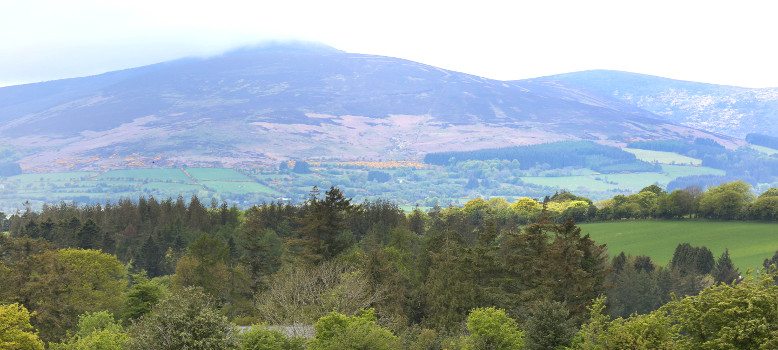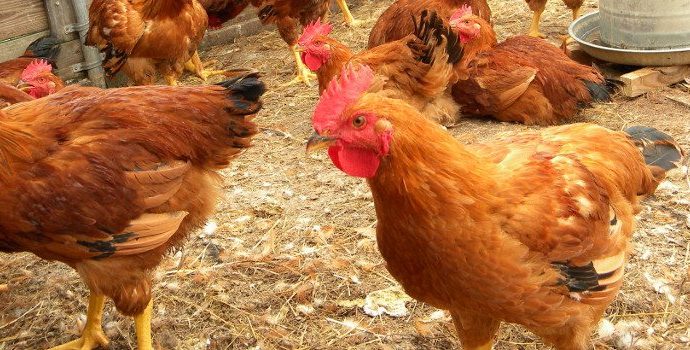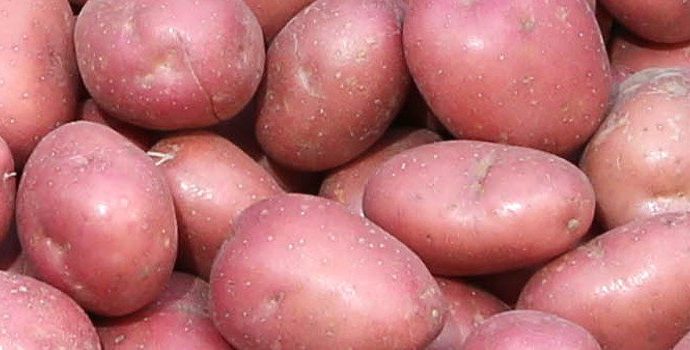New Arrangements for Glas in Commonages Must Be Implemented Flexibly

IFA Hill Committee Chairman Pat Dunne has said that the new Department of Agriculture arrangements put in place for planners to carry out GLAS commonage plans must be implemented flexibly and where problems arise the independent Commonage Implementation Committee (CIC) will have a critical role to play.
Following a meeting with the Department of Agriculture in Johnstown Castle, Pat Dunne said that where there is difficulty in adhering to the new guidelines and where a derogation is necessary the CIC will have an important role to play given the necessary latitude that is now in place.
It was pointed out to IFA at the meeting that 300 commonages where GLAS has already been applied for have not yet had a planner appointed to carry out the CMP. These 300 commonages will now be published and it is up to planners to tender to do these plans in consultation with farmers.
Pat Dunne said the extension of the date to complete CMPs beyond the end of October will have to be considered. It is important that no commonage is left behind in applying for GLAS.
Continuing, Pat Dunne said the current min/max figures have been proved to be flawed and a clear signal must be given to Planners that these can be changed. Achieving the minimum may be a difficulty for some farmers and latitude must be given so that all commonage farmers have an opportunity to join GLAS.
With 4,000 commonage farmers already signed up to GLAS, it is now vitally important that Minister Coveney reopens the scheme without delay for all other commonage farmers who have priority entry to GLAS. The promised three-month payment at the end of 2015 must be delivered on for those who have already applied. The second phase of GLAS will allow for payment for the full year of 2016.
At the same meeting, Pat Dunne told the Department the early roll-out of the targeted Agri-environment scheme for upland areas must be a priority. €70m is allocated in the RDP and an indication of the timescale for this additional scheme to GLAS is anxiously awaited by hill farmers and other farmers with Natura land.




